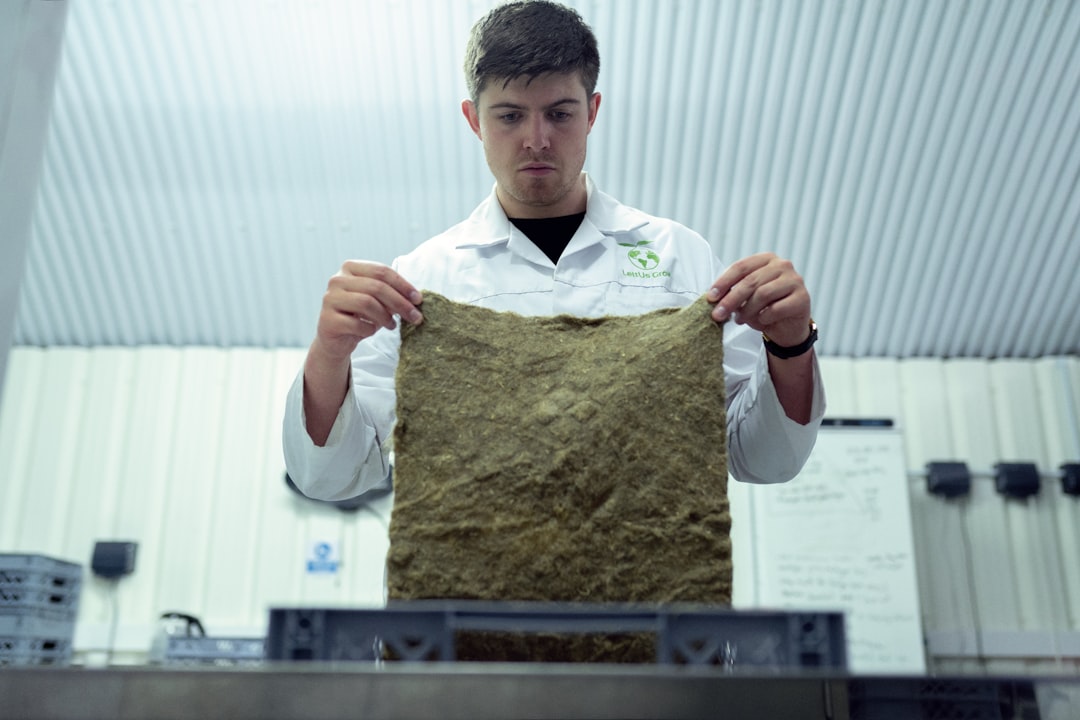Looking to land your dream gig behind the soundboard in 2025? Whether you’re mixing tracks at a music studio, running soundchecks at festivals, or tweaking EQs for podcasts, your resume needs to sing just as much as your work does.
A great audio engineer resume is more than just a list of names and knobs. It tells your story quickly, shows your best hits, and proves you’ve got the ears and the skills to back it all up.
Why Your Resume Matters
You might be thinking, “Hey, my work speaks for itself.” Sure, but first, your resume has to do the talking. Hiring managers often get hundreds of resumes. If yours doesn’t shine right away, it might get skipped faster than a bad track at a party.
Ready to make some noise? Let’s break it down.
Top Sections of an Audio Engineer Resume
- Header with Contact Info – Include your name, phone, email, and LinkedIn or portfolio link.
- Professional Summary – A quick intro, 2–3 lines, showing what you do best.
- Skills – Only the best technical and soft skills. Don’t overlist.
- Experience – Where you worked, what you did, and how you rocked it.
- Education – Schooling or sound certifications.
- Projects – Mention big names or cool gigs you’ve worked on.
Sample Resume Summary
Creative and detail-oriented audio engineer with over 5 years of studio and live mixing experience. Proficient with Pro Tools, Cubase, and analog board operations. Passionate about delivering crisp, clean sound with a human touch.
Use Keywords from the Job Description
Want to pass the robot test (also known as ATS—Applicant Tracking Systems)? Match the language they’re using in the job posting. If they say “audio post-production,” you say “audio post-production.”
This helps your resume get seen by real people. And it shows you’re speaking their language—literally.
Top Skills for Audio Engineers in 2025
- DAWs like Logic Pro, Ableton, Pro Tools
- Mixing and Mastering
- Field Recording
- Signal Flow and Gain Staging
- Live Sound Setup
- Microphone Patching and Placement
- Time Management
- Problem Solving
- Collaboration

Little Things That Make a Big Difference
Here’s where you stand out:
- Quantify Your Wins: “Improved live sound quality at concerts attended by 1,500+ people.”
- Drop Some Names: Have you worked on projects with known brands or artists? Mention them.
- Include Certifications: Got an Avid Certification? Flaunt it!
Don’t forget your reel link. If you have audio samples, show them off. Let employers hear the magic you make.
Creative or Corporate?
If you’re applying to a big studio or tech company, keep your resume clean and formal. If you’re going for a record label or production house with a fun vibe, feel free to use a little more personality. Maybe even a splash of color.
Either way, no Comic Sans. Ever.

Common Mistakes to Avoid
- Leaving out soft skills. Audio engineering isn’t just technical—it’s about collaboration.
- Overstuffing with jargon. Not everyone reading is an audio nerd.
- Typos and bad formatting. Make the layout clean and easy to scan.
Bonus Tip: Use Action Words
Start your experience bullet points with punchy verbs like:
- Engineered
- Mixed
- Configured
- Collaborated
- Recorded
Wrap It Up
Your resume is your backstage pass. Make sure it leads you to that next stage—literally or figuratively.
Stick to what’s real, keep it simple, and show them what you’ve got. And most importantly—don’t just tell them you’re good. Prove it.
Now go out there and make some career noise. 🚀

